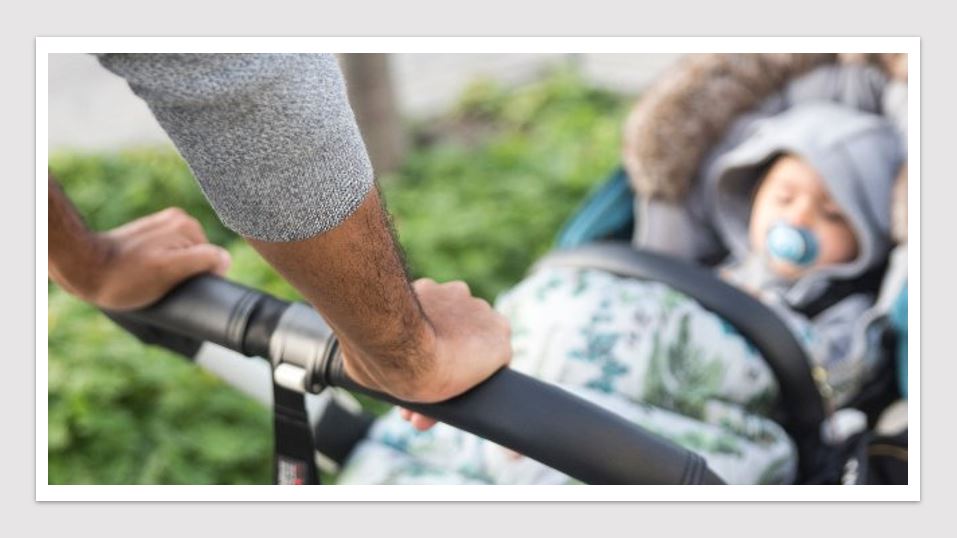Human Resources
Gendered expectations impacting fathers and flexible working in Australia

Human Resources: Workplace culture and masculine norms are keeping fathers from asking for flexible working hours, including paid parental leave, according to research from University of South Australia.
Investigating barriers and facilitators for men to access and use flexible work arrangements, she found that many fathers felt pressure from their organisations not to use flexibility for family reasons, with this sentiment also echoed across societal norms.
Australia has one of the lowest rates of fathers taking paid parental leave with fewer than one in every hundred recipients being a man.
Dr Ashlee Borgkvist said the low uptake of formal flexible working arrangements by Australian fathers is primarily due to a perceived, and quite often objective, lack of support from workplace managers and colleagues alike.
“Workplace flexibility is typically accepted as an option for mothers, but when it comes to dads, flexibility is unlikely to be as readily accepted – and in some cases not even considered,” Dr Borgkvist said.
“Workplace and societal norms play a big role in the lack of flexibility for dads, with many men feeling pressure to conform to stereotypical concepts of the male ‘breadwinner’ – they’re applauded for earning the dollars to support their family but frowned upon if they consider flexibility to do the same.
“Concerningly, many new fathers feel they need to prove their commitment to the job by purposely avoiding flexibility, or in some instances, taking on more hours when they become a new father. They may also take on more hours because they are feeling financial pressures.”
Involving fathers early on in a child’s life has been found to create a bond which means they are more likely to maintain these connections throughout the child’s life. In turn, this involved fathering can have positive outcomes for that child’s future.
Dr Borgkvist commented that while Australia’s national Paid Parental Leave scheme is gender neutral and so can be used by mums or dads, the stigma of asking for flexibility, along with the need for mothers to utilise the whole Paid Parental Leave period, is limiting it’s uptake by dads. This can have a flow on effect where dads don’t feel like they should be using flexibility as their children grow either.
“Some fathers are trying to be more flexible – say, for example, by coming into work late after dropping the kids at school – but they’re also very aware of the need to visibly minimise their time away from paid work. Of course, this can depend on the workplace, but even where workplaces have flexibility policies there is often an unspoken, or cultural, discouragement of dads taking time away from work for family reasons,” Dr Borgkvist added.
“One father I spoke to said he’d stepped back from visiting schools with his wife and child because he felt he’d taken too much time off; another father said he wouldn’t ask for flexibility because he didn’t ‘want to be seen as someone who tries to get out of doing work’.
“So, while the desire and need for flexible work hours is there, it’s being squashed by restrictive workplace cultures. As you can imagine, these ideas around flexible work also have impacts for how women who use flexibility are perceived within workplaces.”
In Australia, only 2% of organisations have set targets to improve men’s participation in flexible work. And while COVID-19 provided an opportunity for businesses to trial flexible work, few organisations appear ready to adopt this in the longer term, opting to ‘return to normal’ once working from home was no longer required due to lockdowns.
“To initiate change in relation to dad’s use of flexibility, and parental leave in particular, cultural change is vital. But this can only be achieved when we have strong social policies supported by business practice,” Dr Borgkvist said.
“Evidence shows that when fathers are provided with well-compensated, targeted and extended parental leave, they are very likely to take it.
“Australia is very conservative when it comes to fathers and parental leave. Only when governments and businesses can commit to tangible and practical change will we see flexibility become a real option for Aussie dads.”
News & Trends - MedTech & Diagnostics

Stryker partners with local researchers to advance shoulder joint surgery
MedTech & Diagnostics News: Joint replacement is a commonly performed major surgical procedure that has considerable success in alleviating pain […]
MoreNews & Trends - Pharmaceuticals

Over two-thirds of Aussies missing healthcare appointments
Pharma News: Over 70% of Australians have postponed or cancelled healthcare appointments in the last 12 months. The primary reason […]
MoreNews & Trends - Pharmaceuticals

Opposition decries incremental change as New Zealand government defends Pharmac budget
Pharma News: New Zealand’s Associate Health Minister has made headlines by unveiling Pharmac’s largest ever budget of $6.294 billion over […]
MoreMedical

Telehealth’s 10-year leap in 10 days: Reshaping hospital EDs
Medical: As overcrowding and ramping continue to challenge emergency departments across Australia, the concept of virtual emergency departments (EDs) emerges […]
More